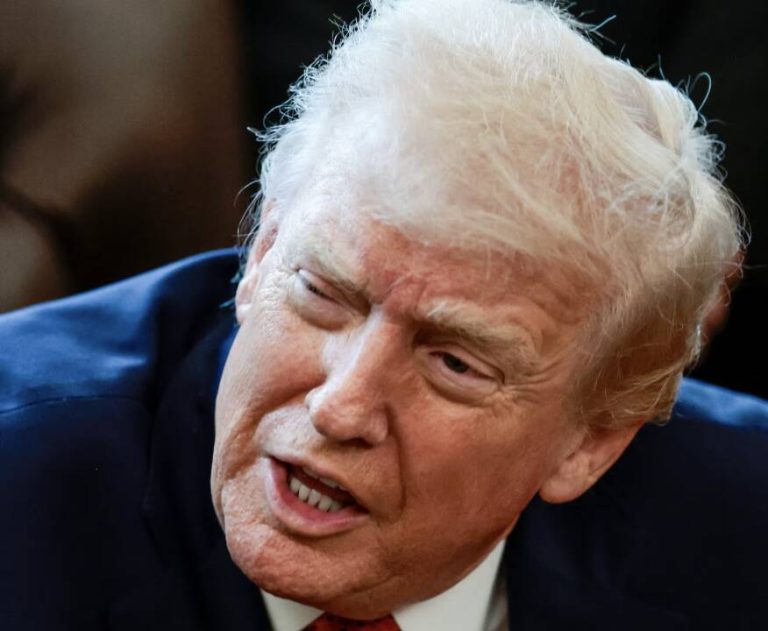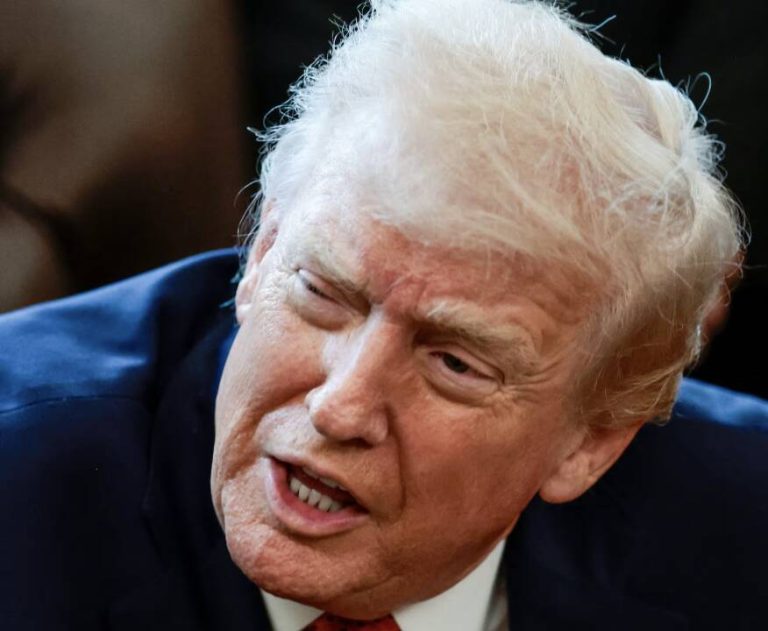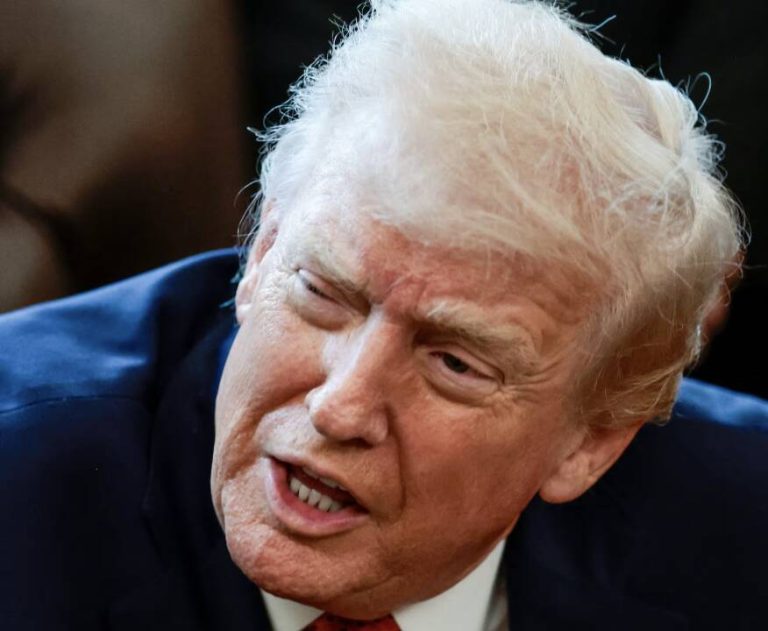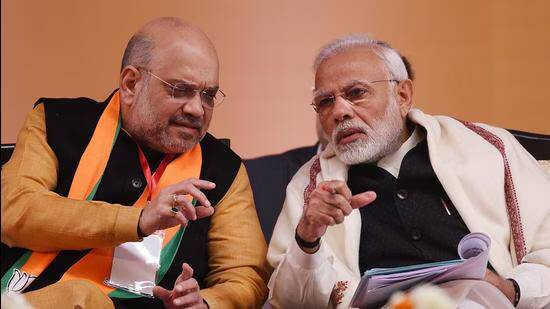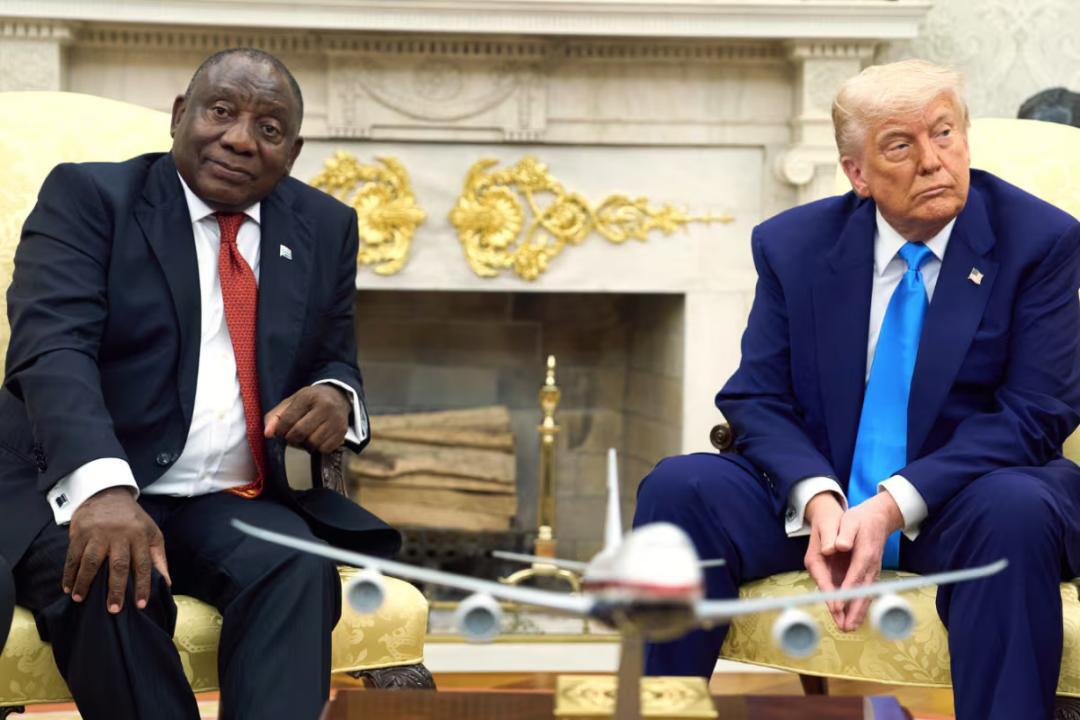
No Nation Should Bully Another: South African President as US Boycotts G20
In a bold statement, South African President Cyril Ramaphosa emphasized that “no nation should be bullied by another” in the wake of the United States’ decision to boycott the G20 summit in Johannesburg. This statement comes after the US administration denied South Africa’s claims that the US was ending its boycott of the summit. The situation has escalated, with the White House Press Secretary, Karoline Leavitt, stating that no official would participate in the talks and dismissing President Ramaphosa’s comments as “running his mouth” against US President Donald Trump.
The G20 summit is a prestigious international forum where the world’s leading economies come together to discuss and address global issues. The boycott by the US, a significant player in the global economy, has raised concerns about the impact on international relations and cooperation. President Ramaphosa’s statement highlights the importance of respecting the sovereignty and dignity of nations, emphasizing that bullying has no place in global affairs.
The US administration’s decision to boycott the G20 summit has been met with disappointment and concern from the international community. The move is seen as a setback for global cooperation and may have far-reaching implications for international relations. The boycott has also sparked debates about the role of the US in global affairs and its commitment to multilateralism.
President Ramaphosa’s comments have been widely praised for their emphasis on the importance of respecting national sovereignty and promoting cooperation among nations. His statement serves as a reminder that nations should engage in dialogue and diplomacy, rather than resorting to bullying or coercion. The South African President’s leadership on this issue has been commended, and his commitment to promoting a more equitable and just global order is evident in his words.
The White House Press Secretary’s response to President Ramaphosa’s comments has been criticized for its dismissive and confrontational tone. The statement that President Ramaphosa is “running his mouth” against President Trump is seen as unbecoming of a senior official and may damage the already strained relations between the two nations. The US administration’s decision to boycott the G20 summit and its subsequent response to President Ramaphosa’s comments have raised questions about the US commitment to diplomacy and its willingness to engage with other nations in a constructive and respectful manner.
The implications of the US boycott of the G20 summit are far-reaching and may have significant consequences for global affairs. The move may embolden other nations to adopt a more isolationist approach, potentially leading to a decline in global cooperation and an increase in tensions between nations. The boycott may also have economic implications, as the G20 summit is an important platform for discussing and addressing global economic issues.
In conclusion, President Ramaphosa’s statement that “no nation should be bullied by another” is a timely reminder of the importance of respecting national sovereignty and promoting cooperation among nations. The US administration’s decision to boycott the G20 summit and its subsequent response to President Ramaphosa’s comments have raised concerns about the US commitment to diplomacy and its willingness to engage with other nations in a constructive and respectful manner. As the international community navigates these complex issues, it is essential to prioritize dialogue, diplomacy, and cooperation to address the pressing global challenges we face.
The G20 summit is an important platform for discussing and addressing global issues, and the US boycott may have significant implications for the effectiveness of the summit. The international community must come together to promote cooperation and address the challenges facing the world, rather than resorting to bullying or coercion. President Ramaphosa’s leadership on this issue is a testament to the importance of promoting a more equitable and just global order, and his commitment to diplomacy and cooperation is an example for other nations to follow.
As the world navigates these complex issues, it is essential to prioritize respect, diplomacy, and cooperation. The US boycott of the G20 summit is a setback for global cooperation, but it also presents an opportunity for other nations to come together and promote a more equitable and just global order. President Ramaphosa’s statement serves as a reminder that nations should engage in dialogue and diplomacy, rather than resorting to bullying or coercion. The international community must come together to address the pressing global challenges we face, and the G20 summit is an important platform for achieving this goal.
In the face of the US boycott, it is essential for other nations to reaffirm their commitment to diplomacy and cooperation. The G20 summit is an important platform for discussing and addressing global issues, and the international community must come together to promote cooperation and address the challenges facing the world. President Ramaphosa’s leadership on this issue is a testament to the importance of promoting a more equitable and just global order, and his commitment to diplomacy and cooperation is an example for other nations to follow.
The US administration’s decision to boycott the G20 summit has raised concerns about the US commitment to multilateralism and its willingness to engage with other nations in a constructive and respectful manner. The move has sparked debates about the role of the US in global affairs and its commitment to promoting a more equitable and just global order. As the international community navigates these complex issues, it is essential to prioritize dialogue, diplomacy, and cooperation to address the pressing global challenges we face.
In conclusion, President Ramaphosa’s statement that “no nation should be bullied by another” is a timely reminder of the importance of respecting national sovereignty and promoting cooperation among nations. The US administration’s decision to boycott the G20 summit and its subsequent response to President Ramaphosa’s comments have raised concerns about the US commitment to diplomacy and its willingness to engage with other nations in a constructive and respectful manner. The international community must come together to promote cooperation and address the challenges facing the world, rather than resorting to bullying or coercion.
